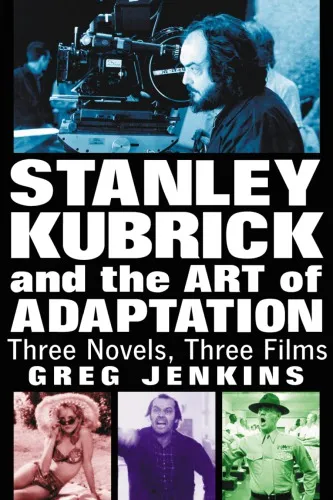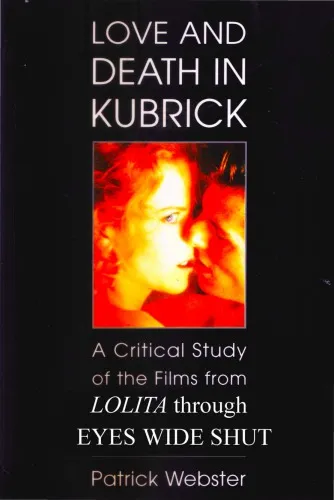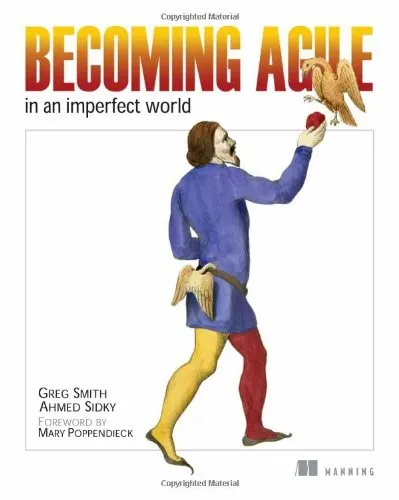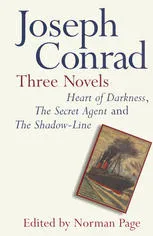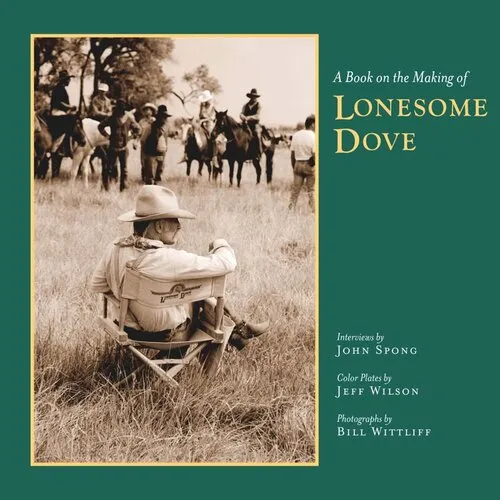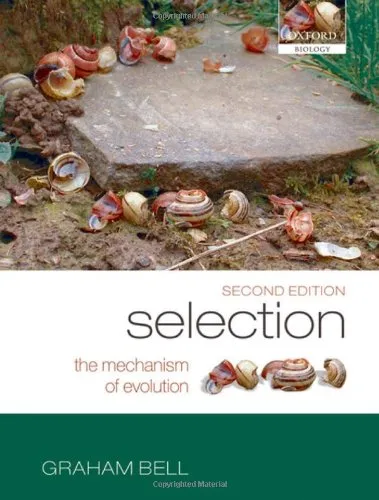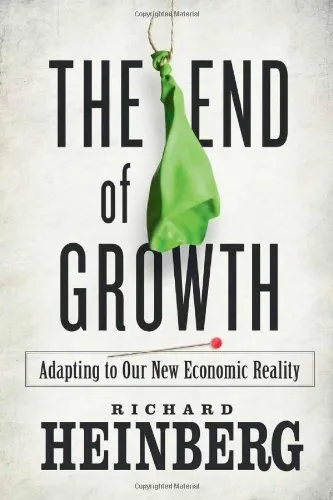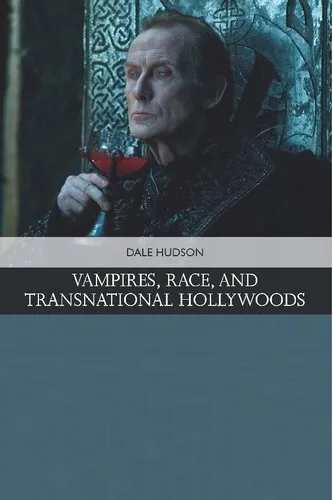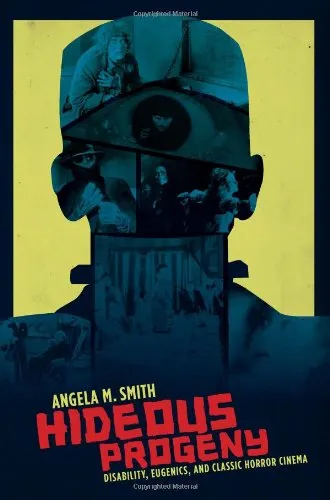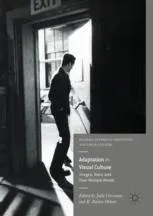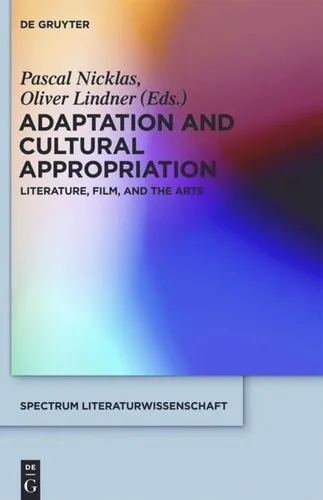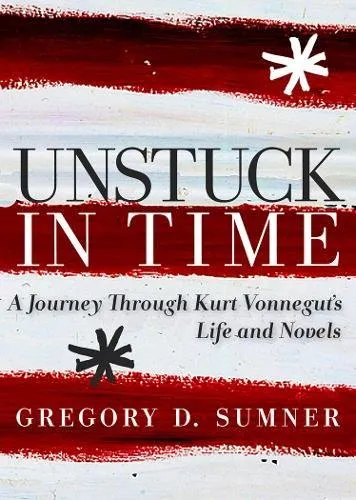Stanley Kubrick and the art of adaptation: three novels, three films
4.5
Reviews from our users

You Can Ask your questions from this book's AI after Login
Each download or ask from book AI costs 2 points. To earn more free points, please visit the Points Guide Page and complete some valuable actions.Related Refrences:
Introduction
Welcome to Stanley Kubrick and the Art of Adaptation: Three Novels, Three Films, an insightful exploration of one of cinema’s greatest visionaries and his unparalleled skill for adapting literary works into groundbreaking films. This book serves as both a tribute and a critical analysis of Stanley Kubrick's ability to reinterpret complex novels into cinematic masterpieces, demonstrating his unique approach to storytelling, visual artistry, and narrative adaptation.
Stanley Kubrick's oeuvre is often regarded as enigmatic, thought-provoking, and meticulously crafted. Behind this cinematic genius lies his ability to adapt literature into films that not only resonate with audiences but also reinvent the stories themselves. Kubrick treated the source material as a foundation for expression rather than as a fixed blueprint, allowing him to bring bold, new dimensions to familiar narratives.
This book delves deeply into three exemplary films that highlight Kubrick's exceptional talent for literary adaptation: Lolita (1962), 2001: A Space Odyssey (1968), and A Clockwork Orange (1971). Each of these films represents Kubrick's distinct vision while simultaneously offering a reflection of the novels they were based on. By analyzing these works through the lens of both literature and film, this book provides a comprehensive understanding of Kubrick's artistry, his creative process, and his profound influence on modern filmmaking.
Detailed Summary of the Book
Stanley Kubrick and the Art of Adaptation begins by examining the director's approach to reimagining literature for the screen. Kubrick not only transformed these works into visual masterpieces but also reinterpreted their themes to align with his own creative vision. The book focuses on three films:
- Lolita (based on Vladimir Nabokov's controversial novel): The book investigates how Kubrick navigated censorship challenges while staying true to the novel's dark humor and complex character dynamics.
- 2001: A Space Odyssey (inspired by Arthur C. Clarke's short story "The Sentinel"): Kubrick's partnership with Clarke and their exploration of existential themes showcase how the director expanded a simple story into one of the most iconic sci-fi films ever made.
- A Clockwork Orange (adapted from Anthony Burgess' dystopian tale): The book highlights Kubrick's bold visual style and the moral ambiguities he brought to the narrative through his depiction of Alex DeLarge's journey.
Through a combination of historical context, in-depth analysis, and critical insight, the book provides both fans and scholars of Kubrick's work with a deeper appreciation for his creative genius. Each chapter dissects Kubrick’s methodology and illustrates how he used literature as a springboard to create wholly original cinematic experiences.
Key Takeaways
- Stanley Kubrick viewed adaptation as a process of transformation, not duplication, allowing him to infuse his own artistic identity into every film he made.
- His films transcend the limitations of their source material, presenting universal themes in profound and innovative ways.
- Kubrick’s collaborations with authors like Vladimir Nabokov and Arthur C. Clarke exemplify how respectful dialogues between literary and cinematic forms can yield groundbreaking results.
- His work challenges filmmakers and viewers alike to reconsider the boundaries of adaptation, proving that a faithful retelling is not the only way to honor a story.
Famous Quotes from the Book
"Adapting a novel for the screen is not merely a process of translation; it is an act of creation that builds upon the foundation laid by the author."
"Kubrick shattered the expectations of what an adaptation could be, taking liberties with the text not out of disrespect, but out of a deep reverence for the medium of film."
"To truly understand Kubrick’s films, one must also understand his literary influences. His genius is most evident in how he made those influences his own."
Why This Book Matters
Kubrick's films continue to inspire filmmakers, writers, and audiences across generations. This book provides an essential guide to understanding how Kubrick approached adaptation as both a technical and artistic challenge, allowing readers to see these films—and the novels they were based on—through a fresh perspective.
With its detailed analysis and engaging narrative, Stanley Kubrick and the Art of Adaptation offers readers an opportunity to delve into the mind of one of cinema’s most fascinating artists. Whether you are a film enthusiast, a literature lover, or a Kubrick aficionado, this book presents valuable insights into the art of adaptation and its lasting impact on cinema.
Free Direct Download
You Can Download this book after Login
Accessing books through legal platforms and public libraries not only supports the rights of authors and publishers but also contributes to the sustainability of reading culture. Before downloading, please take a moment to consider these options.
Find this book on other platforms:
WorldCat helps you find books in libraries worldwide.
See ratings, reviews, and discussions on Goodreads.
Find and buy rare or used books on AbeBooks.
1412
بازدید4.5
امتیاز0
نظر98%
رضایتReviews:
4.5
Based on 0 users review
Questions & Answers
Ask questions about this book or help others by answering
No questions yet. Be the first to ask!
